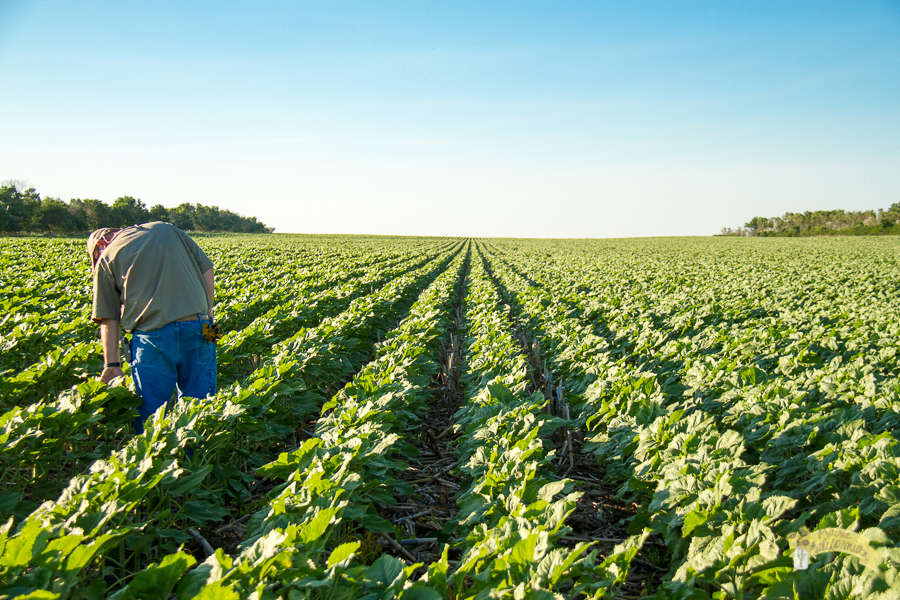
Precisely what is an agronomist?
An agronomist is a professional who applies scientific expertise and approaches to the administration and production of crops. Agronomists get the job done in a variety of settings, from farms and ranches to govt organizations and private firms. They might also get the job done in research laboratories or instruct at colleges and universities.
Most agronomists have at the very least a bachelor's diploma in agronomy or even a similar field, for example agricultural science or soil science. Many agronomists also have master's degrees or doctorates. The precise nature of the agronomist's job is dependent upon his / her specialty and employer.
Agronomists play an important purpose in ensuring that crops are healthy and effective. They use their expertise in plant science to develop ways to enhance crop production, combat pests and diseases, and preserve water along with other resources.
The purpose of the agronomist
is to help the world meet its developing food generation requirements. In accordance with the U.S. Bureau of Labor Statistics (BLS), employment for agronomists is expected to expand more rapidly than typical, with openings as a consequence of growth and replacement needs.
The work of an agronomist
is tough and satisfying, with agronomists typically becoming involved with study and training.
The schooling of the agronomist
Agronomists will need not less than a bachelor's diploma in agronomy or similar subject from an accredited uni.
The way forward for agronomy
Agronomists help to make certain the whole world's population has more than enough food stuff, they usually perform to boost crop yields and lessen agriculture's effect on the natural environment. The BLS states that agronomists are in demand, but competition for jobs is likely to generally be strong.
Summary
Agronomists are focused on the review of plants, and they work in many different fields, from agricultural analysis to boosting crops. Agronomists are required to ensure that crops here are generated for consumption, but In addition they help generate biofuels along with other plant-based products.